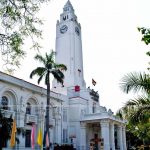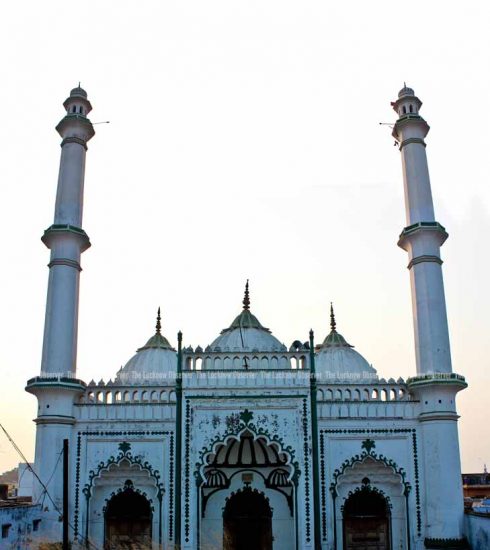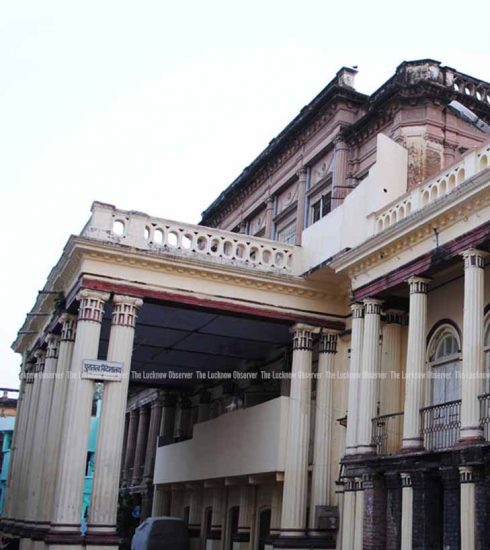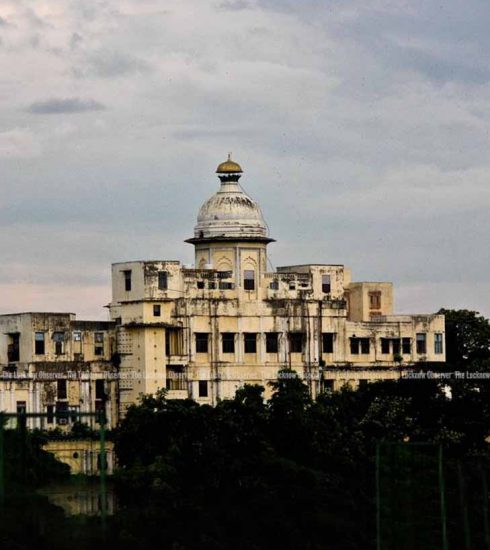Our fearless freedom fighters
It may have happened nearly nine decades ago but every August is a thrilling reminder of the Kakori incident that took place in a village of the same name near Lucknow.
On 9 August in 1925 as the Number 8 Down train zoomed from Shahjahanpur to Lucknow it was brought to a sudden halt near Kakori. About Rs.8,000, belonging to the British government treasury was looted from the railway guard’s carriage. Further drama was added to the train robbery as an accidental shot was fired, which killed a passenger.
Lest we forget the robbery was planned by ten revolutionaries at a meeting held in Agra. Ramaprasad Bismil, Rajendra Lahiri, Thakur Roshan Singh, Sachindra Bakshi, Chandrasekhar Azad, Keshab Chakravarthy, Banwari Lal, Mukundi Lal, Manmathnath Gupta and Ashfaqulla Khan decided to fund their revolt against British rule in India by looting money from the colonial treasury.
The British were shocked by the daring robbery. Arrest warrants were issued against the 10 and reward for their capture announced. Other arrest warrants were issued for the leaders of Hindustan Republican Association founded by Ramprasad Bismil, Jogesh Chatterjee and Sachindranath Sanyal in 1924 for the armed attempt to overthrow the British colonial rule. With the exception of Chandrashekhar Azad all were caught, most of them betrayed by their friends. Azad was trapped later by the police on 27 February 1931. He killed himself, rather than be captured, with revolvers in both hands, after he had exhausted his ammunition in the gun fight with the police.
On the morning of 26 September 1925, Ramaprasad was arrested. Others were caught soon after, except Ashfaqulla Khan and Sachindra Bakshi who eluded the police for almost a year. By that time Kakori case had progressed considerably; so the cases against both Ashfaq and Bakshi were combined and added to the Kakori case.
A committee was formed to defend the accused in the main case. Pandit Motilal Nehru was the chairman. There were others on the committee like Jawaharlal, Sriprakasha, Acharya Narendra Deva, Govind Ballabh Pant and Chandra Bhanu Gupta.
The main case and the complementary case went on for over a year and a half. The Court of Justice under the British rule convicted all, sentencing Ramaprasad Bismil, Ashfaqulla Khan, Rajendra Lahiri and Roshan Singh to death; four others to transportation for life to Kala Pani (Andamans) and seventeen others to various long terms of imprisonment.
A strong campaign was organized throughout India to save the lives of these revolutionary heroes. The whole country protested against the death sentences. Members of the Central Legislature represented to the Viceroy that the death sentences should be reduced to life sentences. Appeals were sent to the Privy Council, the highest court in those days. All the leaders of public life appealed to the British Government to show mercy to the condemned men. But British imperialism was thirsting for the blood of the Indian revolutionaries. On the 18 December 1927, Rajendra Lahiri was hanged. Ramaprasad and Ashfaqullah were executed on the 19th and Roshan Singh on the 20th.
What better time to remember these fearless freedom fighters than this 15 August.









